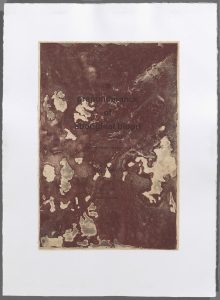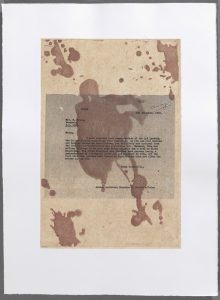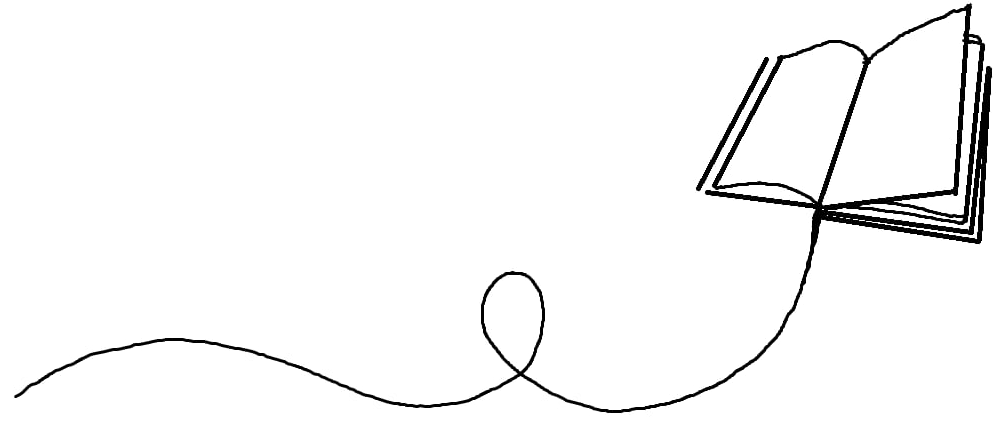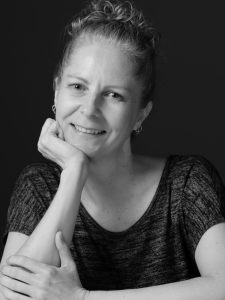15 Don’t ever tell
Ree Jordan

‘Whatever you do, don’t tell anyone!’ This was something I remember my mother and grandmother stressing to me as a young child growing up in South East Queensland. ‘You can get away with no one knowing, so it’s best that you never mention it to anyone’, they continued to advise me as I sat looking at them in naive confusion. ‘Your life will be much easier for you if no one knows’, they continued. ‘No one will guess if you don’t tell them, so it’s important that you say nothing about it’.
So, what was this terrible ‘secret’ that I needed to bury within me? Something sinister or illegal? No! It is simply that I have Aboriginal blood through my mother’s line. Something interwoven into the very core of me. Something that connects me to country, and at that time in my early childhood, was something that was considered bad. ‘This is family business’, they said. ‘It’s nothing that needs to be shared with outsiders who won’t understand. If they find out, they will treat you differently and make life hard for you’.
This conversation was held in such a way that I carried this ‘secret’ with me for half my life, not as something shameful, but as something to be protected deep within me. During this time, I observed those around me, and I listened to what was said, all the while remaining silent. I felt I did not quite fit into either the Aboriginal or non-Aboriginal world. Nor did I accept what mainstream society accepted as ‘right and just’ based on the colour of a person’s skin, and that people should know their place. But what was my place? I had a foot in both worlds. One ‘me’ presented to the outside world, and another ‘me’ to my family.
Fast-forward twenty-odd years and I have moved from Queensland to the Northern Territory. I am sitting on the steps of a hall overlooking the waters off Groote Eylandt in the Gulf of Carpentaria, when a Yolngu woman I have only just met looks at me quizzically and says, ‘You’re not Balanda, who’s your mob?’ ‘What’s Balanda?’ I replied in confusion. ‘A white person’, she responded. In surprise I asked, ‘How do you know I’m not Balanda?’ ‘Oh, that’s easy’, she said, ‘I can feel your connection to me through the earth’!
I will always remember that moment. The moment that my truth was so obvious to someone that words were not needed. That regardless of not telling, others could see my truth. It was a turning point in my life. The point when I realised that my story is who I am. No doubt, not sharing this truth in my childhood did make things easier in some ways, but as an adult it was time to make a choice. Either to embrace all that I am and become whole again, or to live someone else’s life. This was the day I regained my voice.

Judy Watson’s work, ‘a preponderance of aboriginal blood’, reflects an era in Australian history that influenced my mother’s and grandmother’s words to me as a child. It reflects the lack of humanity and respect towards Aboriginal people, and the intergenerational impact of this. In Judy’s words, I now ’embody the notion of two cultural frameworks occupying the same cultural space’, and I am finally one with myself.
* * *
Link to the Fryer Library Collection
Watson, J. (Waanyi)(2005). A preponderance of aboriginal blood. Numero Uno Publications.

Biography
Ree Jordan has family ties to the Barunggam people of the Western Downs region of Queensland. Ree is currently a Research Fellow at The University of Queensland (UQ), having successfully become the first Aboriginal woman to receive a PhD from the UQ Business School. Her PhD focused on harnessing the benefits of ‘maverickism’ (beneficial non-conformity) for organisational transformation which she continues to research, alongside Indigenous models of leadership and entrepreneurship. Ree has over 20 years’ professional experience as a leadership and organisational change consultant, developing, coaching, and mentoring senior leaders within government, universities and industry, across Queensland, the Northern Territory and Western Australia.

